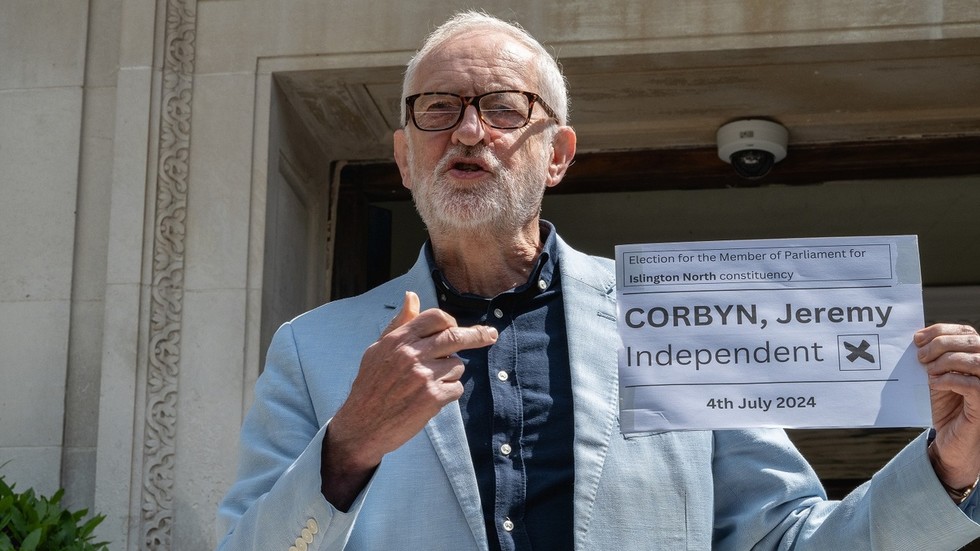You have a preview view of this article while we are checking your access. When we have confirmed access, the full article content will load.
News Analysis
Yoav Gallant, the departing defense minister, had opposed Prime Minister Benjamin Netanyahu on key policies. His dismissal removes an opponent but has stirred public discontent.

Prime Minister Benjamin Netanyahu has removed one of the least deferential members of his cabinet by dismissing Israel’s defense minister, a move analysts said would make it easier for him to set Israel’s wartime trajectory but that also comes with risks.
Yoav Gallant, the departing defense minister, had broken with Mr. Netanyahu by pressing for a cease-fire with Hamas, saying it was the only way to free dozens of Israeli hostages held by the group in Gaza. On the domestic front, Mr. Gallant had pushed to scrap an exemption from military service for ultra-Orthodox Jews, a measure that risked collapsing Mr. Netanyahu’s government because it angered its ultra-Orthodox members.
“Netanyahu saw Gallant as the opposition within his own coalition,” said Nadav Shtrauchler, a political analyst and former strategist for Mr. Netanyahu. “Now, it will be easier for him to go in his own direction, not just politically, but militarily and strategically.”
Mr. Netanyahu swiftly denied that he would use Mr. Gallant’s departure to fire other senior members of the security establishment. Still, commentators speculated that by replacing Mr. Gallant with Israel Katz, who is expected to be a more pliant defense minister, it would be easier for Mr. Netanyahu to remove the military chief of staff, Herzi Halevi.
But in firing the defense minister, Mr. Netanyahu has drawn accusations that he is prioritizing personal goals over national ones to appease far-right members of his coalition. And it suggested that he will double down on policies that are either deeply unpopular, in the case of the exemption for the ultra-Orthodox, or at least polarizing — like his refusal to compromise in the cease-fire negotiations with Hamas.
In a signal of the widespread discontent over Mr. Netanyahu’s decision, centrist columnists described it as an attack on democracy, while tens of thousands of protesters spilled into the streets in Israel on Tuesday night, blocking a major highway.

 2 weeks ago
8
2 weeks ago
8










 English (US) ·
English (US) ·